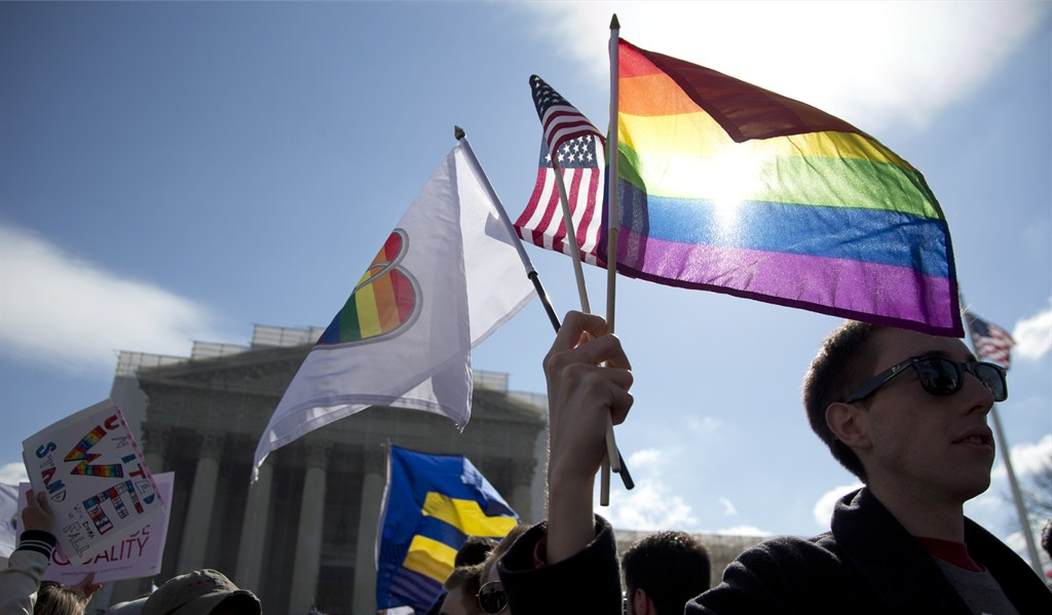Advertisement
On Affirmative Action, SCOTUS Blog has the goods:
Fisher v. University of Texas at Austin, the challenge to the university’s use of race in its undergraduate admissions process. Affirmative action is hardly a new topic at the Court: just nine years ago, in a case called Grutter v. Bollinger, it held that the University of Michigan Law School could consider race as one factor in its admissions process as part of its efforts to create a diverse student body.On Gay Marriage
The petitioner in today’s case, Abigail Fisher, had asked the Court to rule that the university’s policy goes further than the Grutter decision allows, because – thanks to a program that automatically admits any Texas high school student who graduates in the top ten percent of her class – the university already had a diverse student body, without having to consider race. But if the university’s policy passes muster under Grutter, Fisher suggested in her briefs, the Court should consider overruling that decision altogether.
The Supreme Court is set to make a decision about whether California's Proposition 8, which voters approved to keep marriage between one man and one woman while banning same-sex marraige, stands. The Defense of Marriage Act is also on the table, a law the Obama administration has refused to enforce since
Recommended
Advertisement
President Obama has instructed the Justice Department to no longer defend the constitutionality of the Defense of Marriage Act, or DOMA, the legal prohibition on federal recognition of same-sex marriages.On Voting
Attorney General Eric Holder said in a statement that the department will stop defending the policy because it has now been challenged in the Second Circuit, "which has no established or binding standard for how laws concerning sexual orientation should be treated."
An Alabama County has sued the Department of Justice over being able to redefine its own voting laws, pushing back against federal government power.
Now the nine-member high court is poised to rule in coming days on whether the key enforcement provision of the landmark Voting Rights Act of 1965 should be scrapped, as a constitutionally unnecessary vestige of the civil rights era.
Known as Section 5, it gives the federal government open-ended oversight of states and localities like Shelby County with a history of voter discrimination.
Any changes in voting laws and procedures in the covered states must be "precleared" with Washington. That could include something as simple as moving a polling place temporarily across the street.
The provision was reauthorized by Congress in 2006 for another 25 years. Shelby officials subsequently filed suit, saying the monitoring is overly burdensome and unwarranted.
This case is one of the biggest the justices tackle this term, offering a social, political, and legal barometer on the progress of civil rights in the United States and the level of national vigilance still needed to ensure minorities have an unburdened path to the election process.
Advertisement
Friday marks the one year anniversary of ObamaCare being upheld by the Supreme Court.

























Join the conversation as a VIP Member